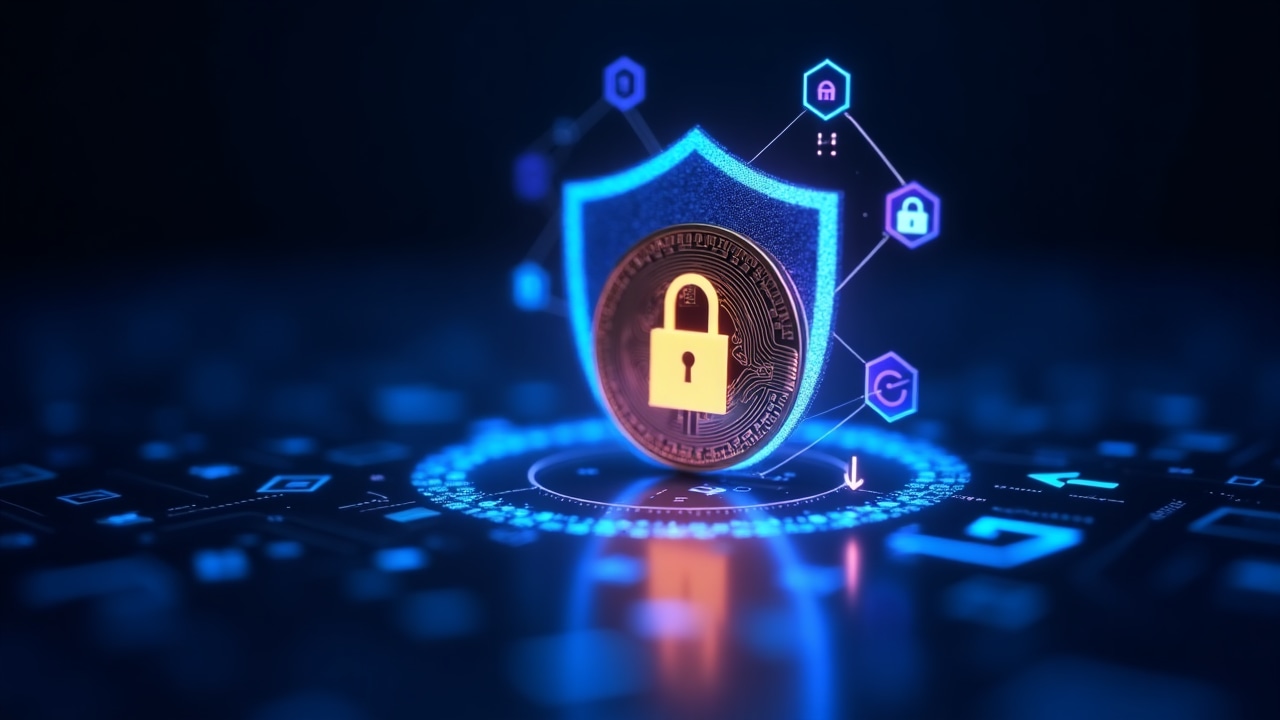The cryptocurrency market has seen explosive growth over the past decade, with millions of people worldwide investing in digital assets. However, this new financial frontier comes with unique security challenges. Unlike traditional banking, there's no central authority to reverse transactions or restore lost funds. In this comprehensive guide, we'll explore practical strategies to secure your cryptocurrency investments.
Understanding the Risks
Before diving into protection strategies, it's important to understand the common threats cryptocurrency holders face:
- Phishing attacks: Fraudulent websites, emails, or messages designed to steal your private keys or login credentials
- Malware: Software that can monitor your keystrokes, clipboard, or screen to capture sensitive information
- Exchange hacks: Security breaches of cryptocurrency exchanges where your assets might be stored
- SIM swapping: Attackers take control of your phone number to bypass two-factor authentication
- Physical theft: Theft of devices containing wallet information or seed phrases
- Social engineering: Manipulative tactics to trick you into revealing sensitive information
Essential Security Measures
1. Use Hardware Wallets for Long-term Storage
Hardware wallets are physical devices specifically designed to securely store cryptocurrency private keys offline. They offer several advantages:
- Private keys never leave the device, remaining isolated from internet-connected computers
- Transactions must be physically confirmed on the device
- Protection against malware and keyloggers
- Recovery options if the device is lost or damaged
For significant investments, a hardware wallet like Bogew is not just an option—it's a necessity. The initial cost is minimal compared to the security benefits they provide for your digital assets.
2. Implement Proper Backup Procedures
Whether you're using a hardware wallet or other storage solutions, proper backup of your recovery information is critical:
- Store your recovery seed phrase in a secure, offline location
- Consider creating multiple copies stored in different secure locations
- Never store seed phrases digitally (no photos, no digital documents, no cloud storage)
- Consider using metal seed storage solutions that are resistant to fire, water, and other physical damage
- For significant holdings, consider multisignature solutions requiring multiple keys for access
"The most common way people lose their cryptocurrency is not through hacking—it's through losing access to their private keys or recovery phrases."
3. Practice Strong Authentication
For any services that do hold your cryptocurrency (exchanges, web wallets), implement the strongest authentication possible:
- Use unique, complex passwords for each service (ideally with a password manager)
- Enable two-factor authentication (2FA), preferably using authenticator apps rather than SMS
- Consider using a dedicated device for cryptocurrency transactions
- Be aware of phishing attempts targeting your authentication credentials
4. Distribute Risk
Consider distributing your cryptocurrency holdings to minimize risk:
- Avoid keeping all assets on a single exchange or wallet
- Use different security approaches for different portions of your holdings
- Consider keeping only trading amounts on exchanges, with the bulk in cold storage
Advanced Security Strategies
1. Consider Multisignature Wallets
Multisignature (multisig) wallets require multiple keys to authorize a transaction, significantly enhancing security. They're particularly useful for:
- Business accounts requiring approval from multiple parties
- High-value personal holdings
- Creating security systems with no single point of failure
2. Operational Security Practices
Beyond technical measures, behavioral security is equally important:
- Maintain privacy about your cryptocurrency holdings
- Use a VPN when accessing cryptocurrency services
- Be cautious about which Wi-Fi networks you use for transactions
- Keep your devices updated with the latest security patches
- Research services thoroughly before using them
3. Stay Informed About Security Developments
The cryptocurrency security landscape evolves rapidly. Stay informed by:
- Following reputable security researchers and news sources
- Participating in community forums
- Regularly reviewing your security setup
- Updating your devices and security practices
What to Do If You Suspect a Security Breach
If you suspect your cryptocurrency security has been compromised:
- Act quickly to move funds to a secure wallet if possible
- Change passwords and authentication methods for affected accounts
- Document everything for potential legal or insurance claims
- Report the incident to relevant exchanges and authorities
- Consider engaging cryptocurrency security specialists
Conclusion
Cryptocurrency security requires a proactive approach combining technology, behavior, and awareness. While the decentralized nature of cryptocurrencies offers financial autonomy, it also places the responsibility of security firmly in your hands.
By implementing hardware wallets like Bogew, proper backup procedures, strong authentication, and risk distribution, you can significantly reduce the risk of losing your digital assets to hackers or accidents.
Remember: In the cryptocurrency world, security isn't just a feature—it's a practice that requires ongoing attention and adaptation to new threats and technologies.



